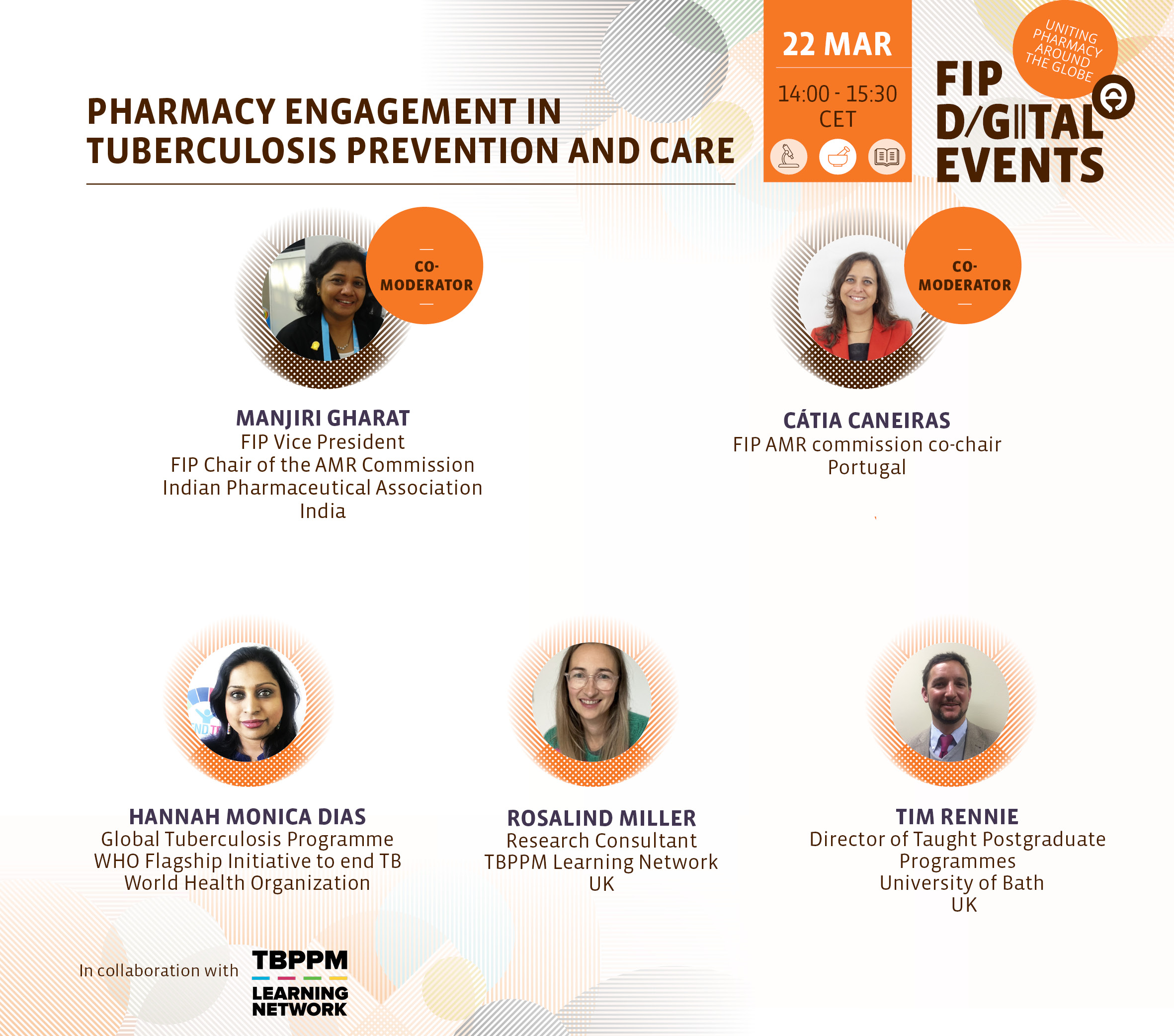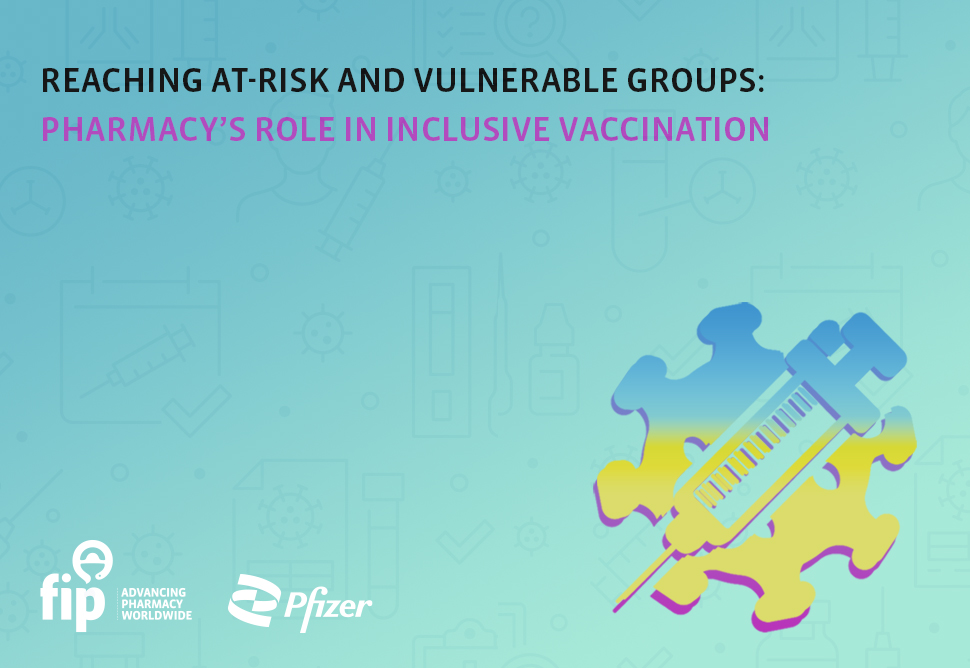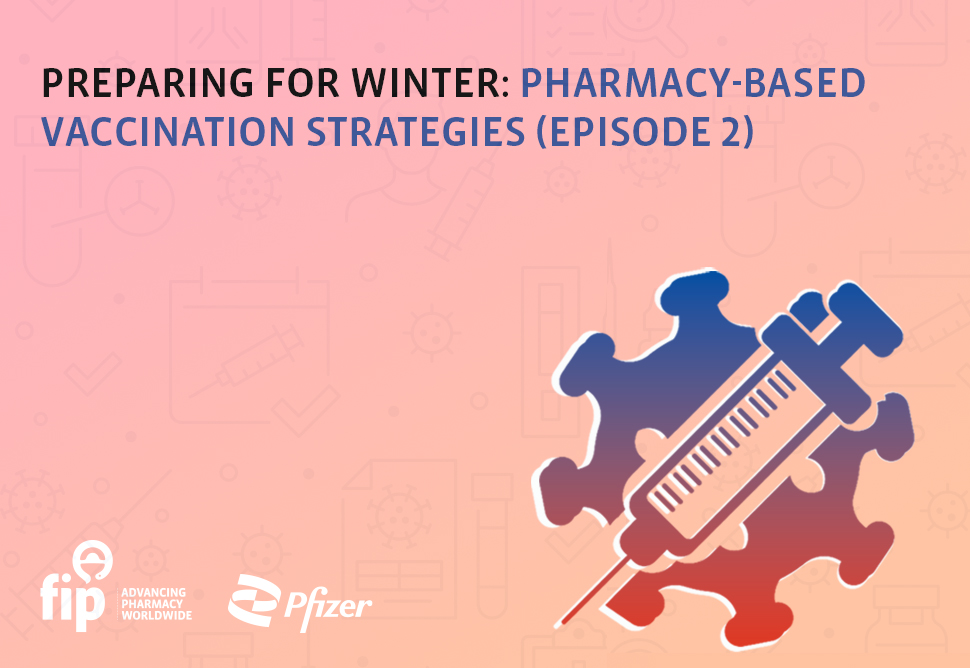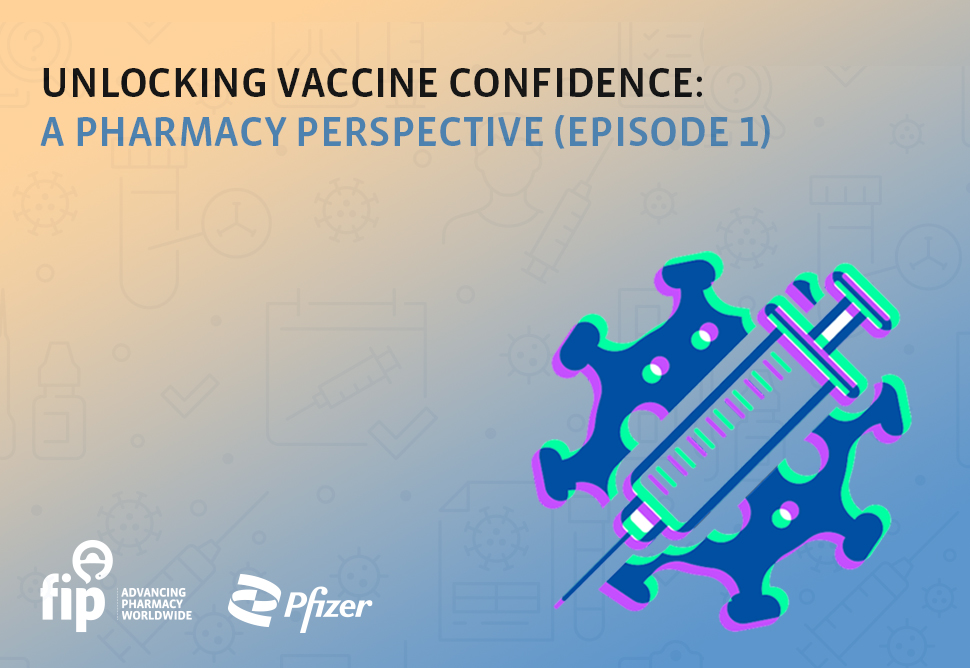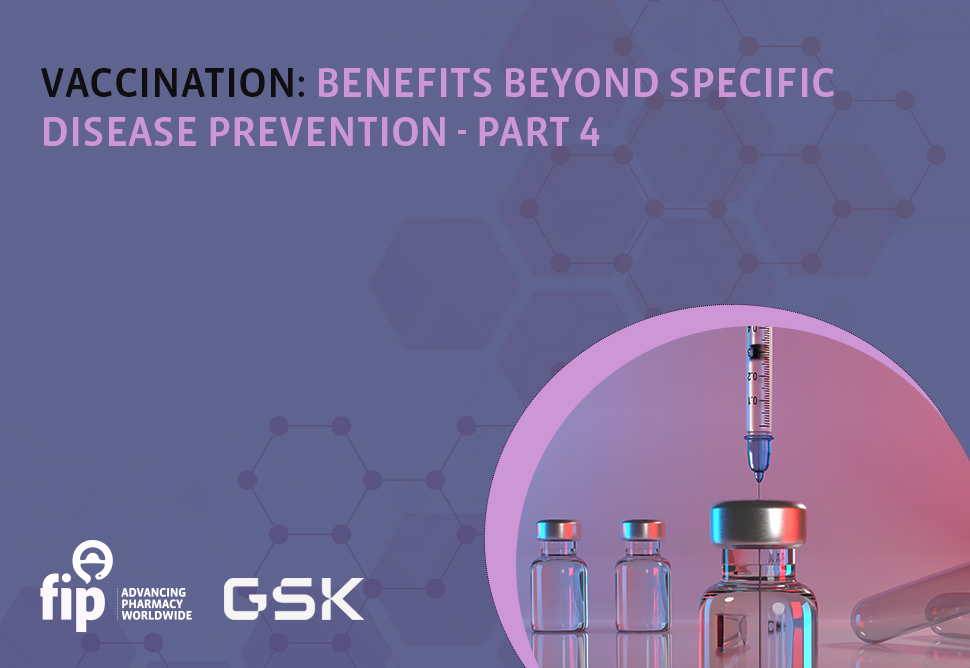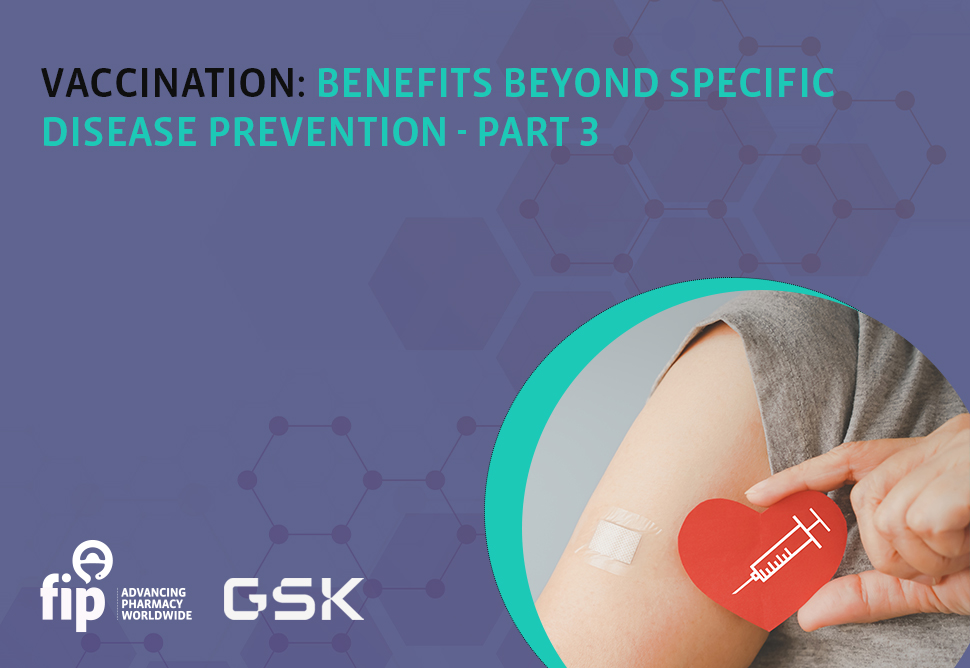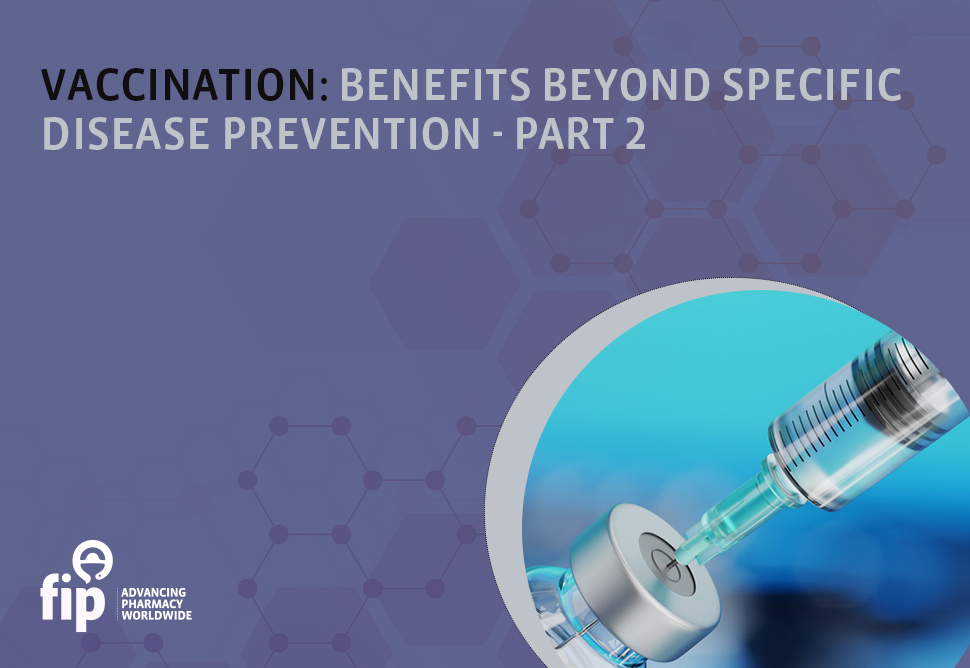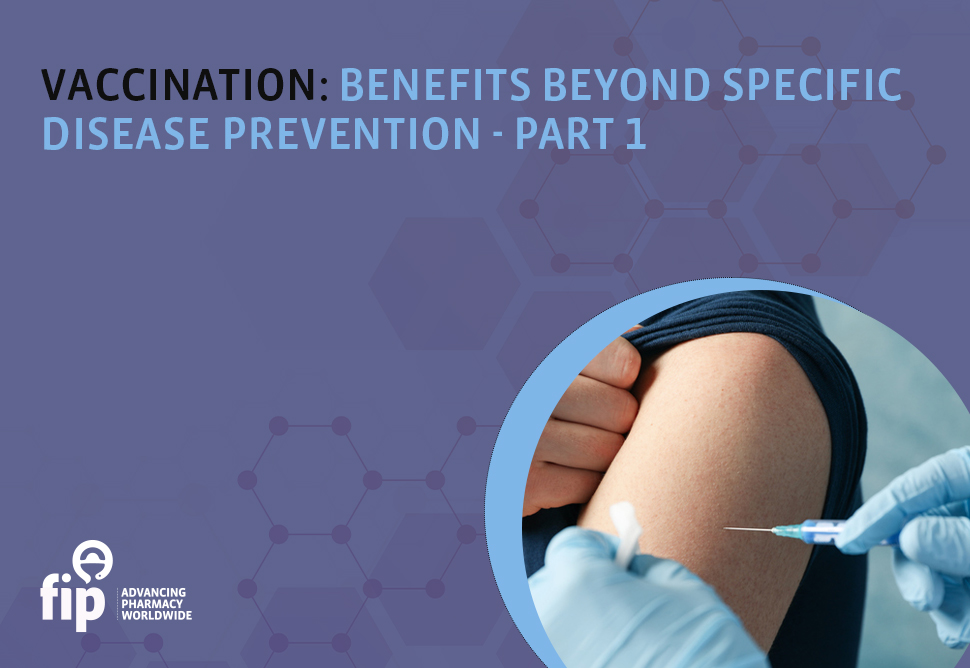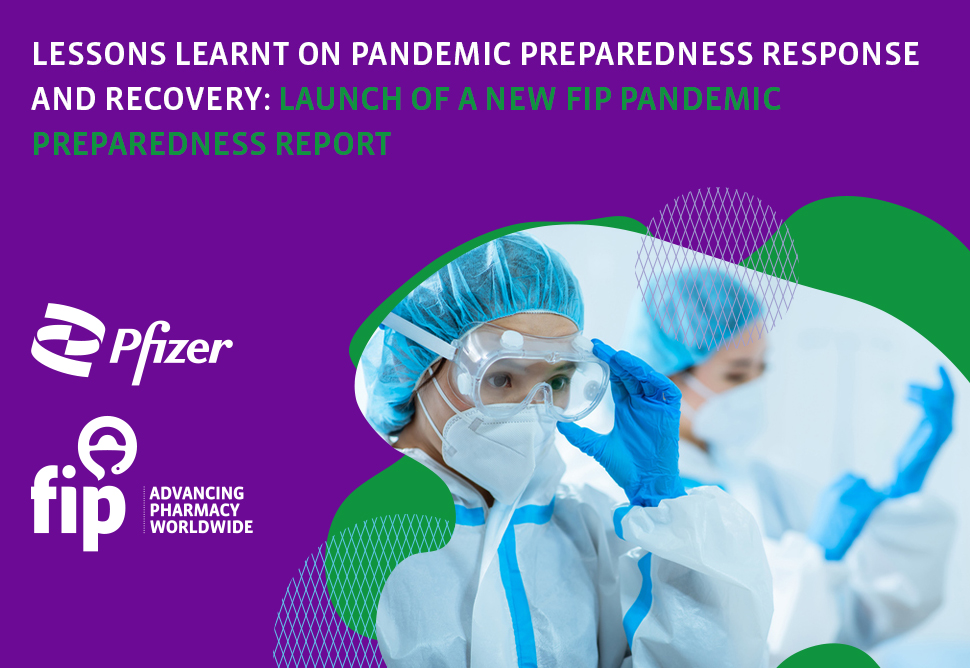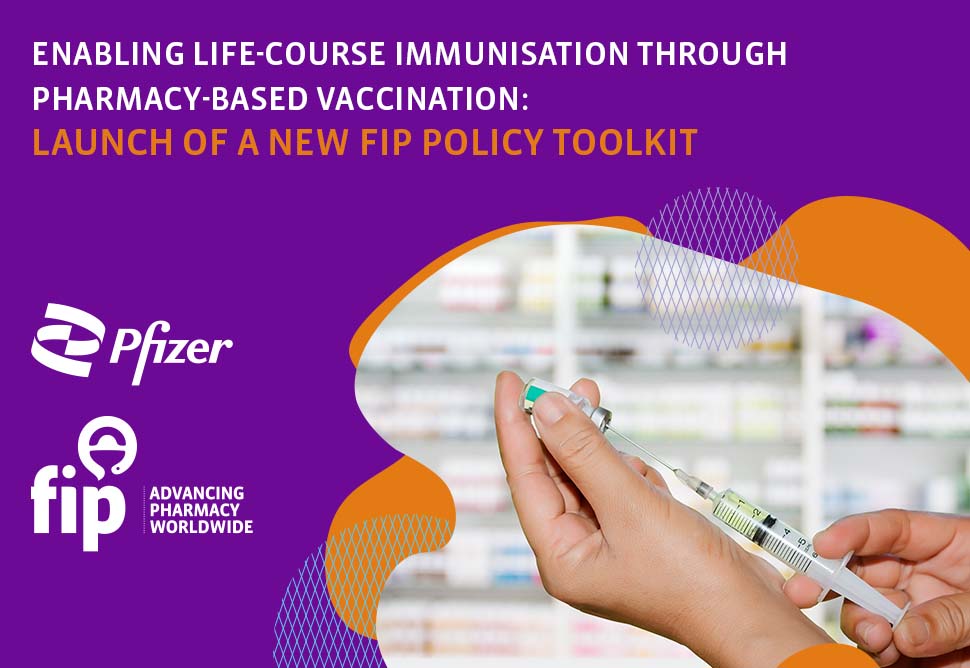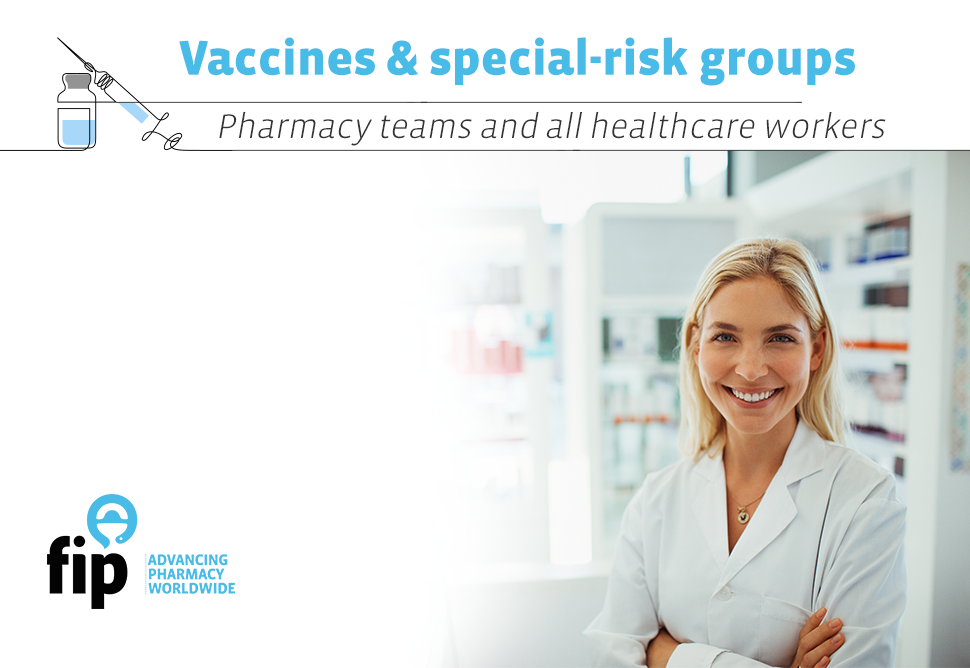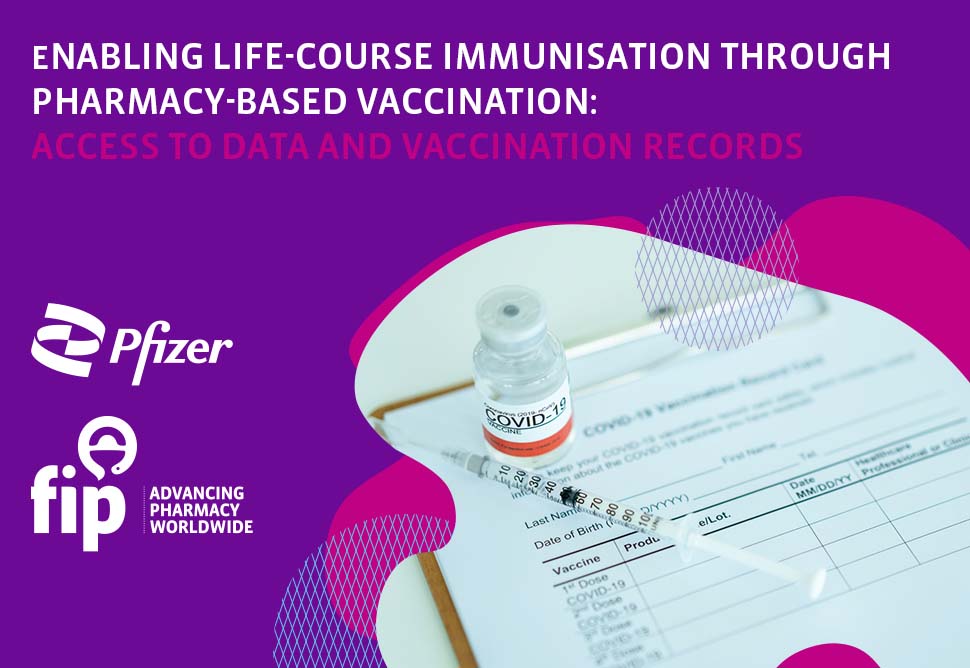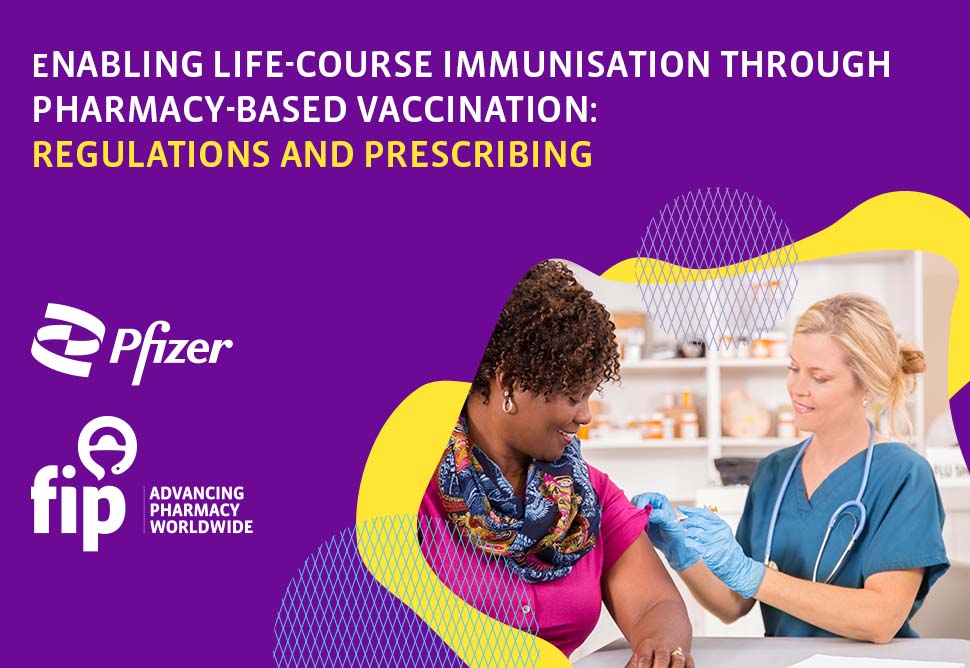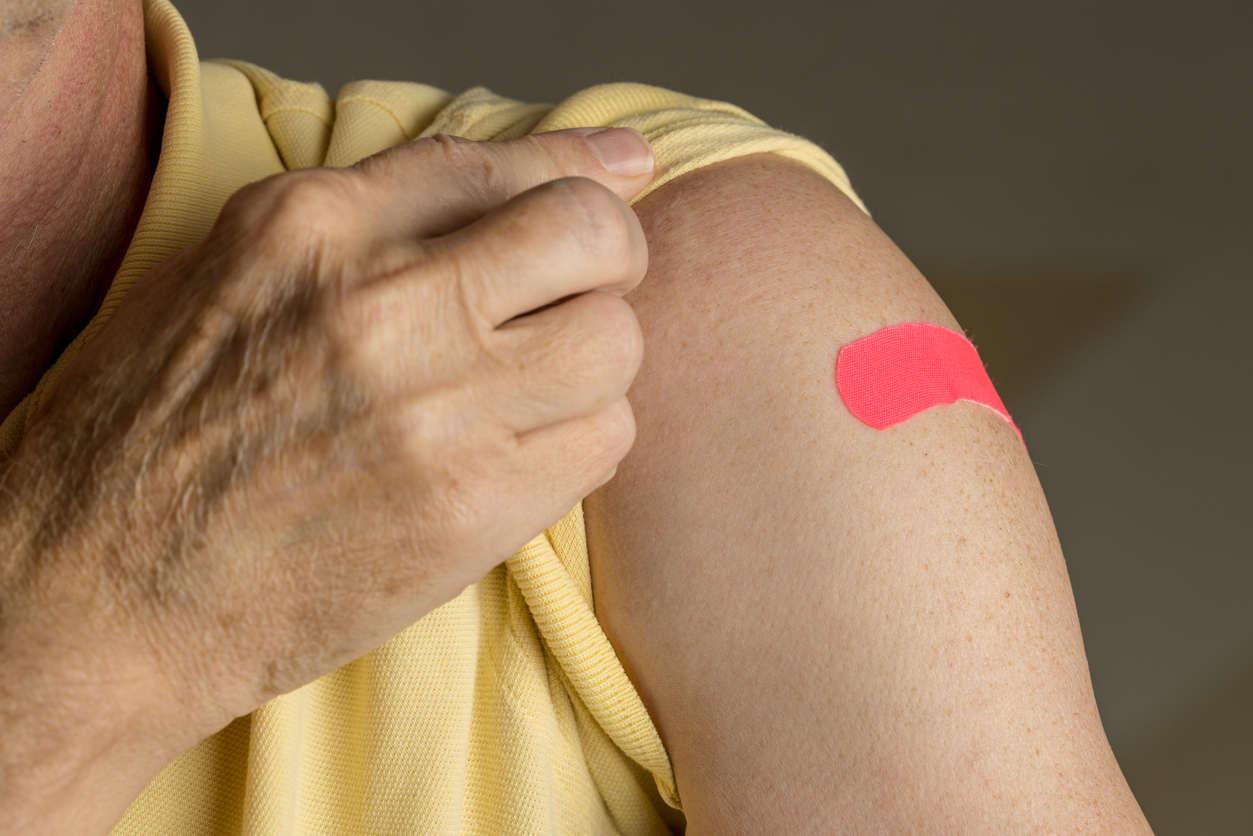FIP organises digital events and webinars regularly to highlight different topics related to vaccination, share best practices and innovations and advocate for the role that pharmacy can play in improving access to vaccination services.
You may access the recordings of all past events through the links provided below. Events are presented in chronological order, from more recent to older. Please scroll down inside the grey area or using the scroll bar on its side to find more FIP events. You may also want to check the upcoming digital events at events.fip.org.




